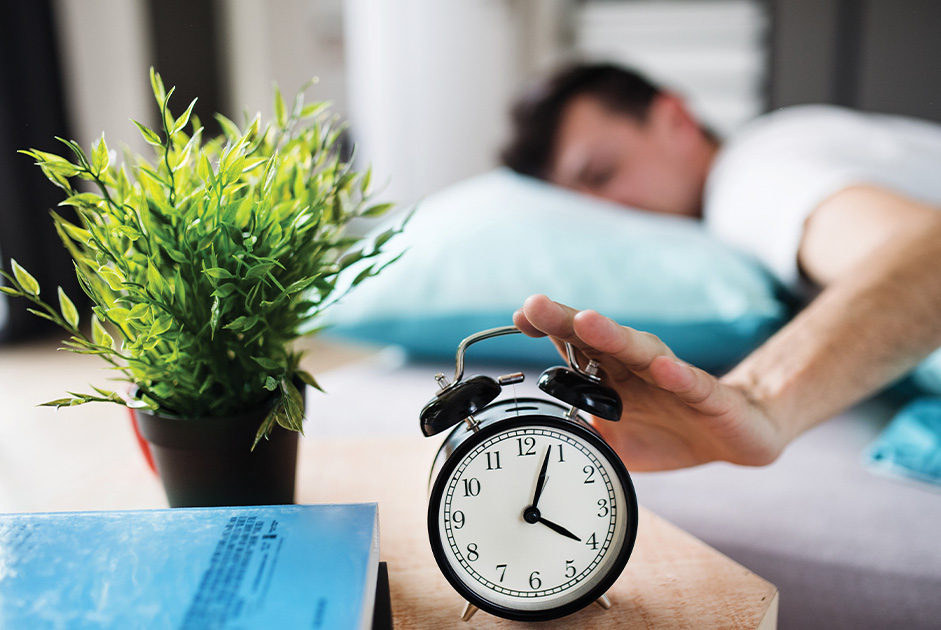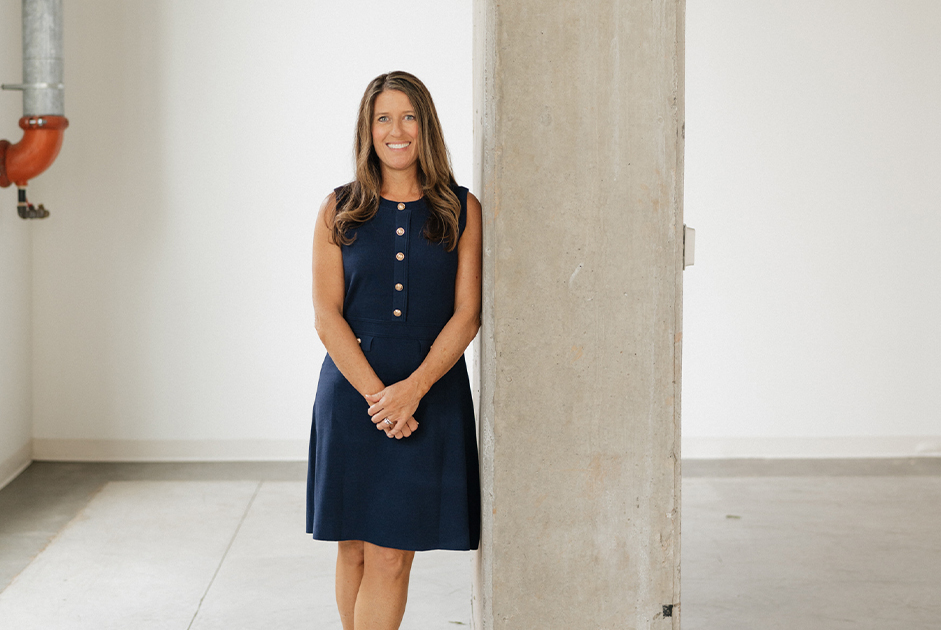by LESLIE SPEAS
The importance of sleep to our health is often overlooked. Our culture sees being busy as a badge of honor. We often run ourselves ragged, burning the midnight oil, and neglecting our sleep as a result.
The American Academy of Sleep Medicine recommends seven to nine hours for adults. But is it really that important? Not getting enough sleep has been linked to a higher risk for certain diseases and medical conditions including obesity, type 2 diabetes, high blood pressure, heart disease, and stroke. In Eat Move Sleep, Tom Rath says that more than 30% of workers sleep less than six hours per night. And the productivity loss costs about $2,000 per person per year. Further, he says not getting enough sleep is also the top risk factor for burnout at work.
Here are some common myths about sleep debunked: (Sources – The American Academy of Sleep Medicine and The Sleep Foundation)
- One less hour of sleep equals an extra hour of productivity It is actually the opposite. One less hour of sleep decreases your well-being, productivity, and ability to think.
- I can make up for lost sleep during the week by sleeping longer on the weekend Unfortunately, it doesn’t work like that. You can’t bank sleep.
- Older adults need less sleep While older people tend to wake more at night, they still need the same total hours of sleep as other adults.
- If I hit snooze, it counts toward my sleep Studies show it does not count toward the total amount of restorative sleep time you get. It’s better to set your alarm a little later and not hit the snooze button.
- My body is used to getting less sleep A lack of sleep has both short- and long-term repercussions, demonstrating that your brain and body can’t just get used to getting less sleep.
- Having some alcohol before bed improves my sleep Consuming alcohol before bed throws off your sleep cycles. You may go to sleep more easily but it makes it more likely that you will wake up.
Now that these myths have been debunked, let’s share some habits that can improve your sleep, resulting in better productivity and overall health.
- Be consistent
Go to bed at the same time each night and get up at the same time each morning, including on weekends. - Make your bedroom conducive to deep sleep
Make sure your bedroom is quiet, dark, relaxing, and at a comfortable temperature (around 65 degrees). - Monitor your devices
Remove electronic devices such as TVs, computers, and phones from the bedroom, and don’t use them for at least an hour before bed.
- Avoid large meals, caffeine, and alcohol before bedtime
All of the above can impede your sleep quality. - Get some exercise
Being physically active can help you to have more energy during the day and fall asleep more easily at night. - Cultivate peace and quiet
Keep noise to a minimum to improve your sleep. If you can’t eliminate sources of noise, consider drowning them out with a fan or white noise machine. - De-stress Worries can easily bubble to the surface at night and keep you awake. Deep breathing exercises or meditation can be very helpful in helping you relax and wind down.



















